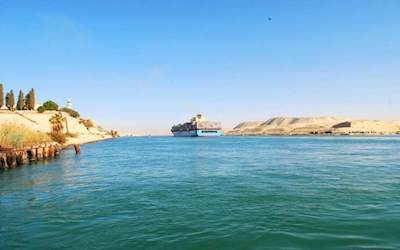PTE考生目前最大的问题之一就是练习题缺乏。除了有限的基本官方书(PLUS,Testbuilder, OG)之外就没有题了。很多英语基础不是很扎实的同学很难找到练习材料。悉尼文波雅思PTE培训学校专门为澳洲,尤其是悉尼、墨尔本的PTE考生准备了适合PTE听力阅读练习的科学60秒。各位PTE同学可以练习PTE听力中的summarise spoken text和PTE口语中的retell lecture,PTE听力口语-科学60秒-Frosty Moss练习记笔记技巧和复述。废话少说,下面开始:
听力内容:
60秒科学节目(SSS)是科学美国人网站的一套广播栏目,英文名称:Scientific American – 60 Second Science,节目内容以科学报道为主,节目仅一分钟的时间,主要对当今的科学技术新发展作以简明、通俗的介绍,对于科学的发展如何影响人们的生活环境、健康状况及科学技术,提供了大量简明易懂的阐释。
This is Scientific American — 60-Second Science. I’m Christopher Intagliata.
The Mediterranean Sea is home to some 17,000 native species. But it’s also home to a growing number of non-native species: 756 at last count. Now, 756 may not sound like a lot, compared to 17,000.
“But this is not arithmetic.” Bella Galil, a naturalist at Israel National Center for Biodiversity Studies in Tel Aviv. “Those invasive species have a large population, and they rend apart the native food web. They disturb an already stressed community.”
The invaders she’s talking about are central casting for an underwater horror movie. Take the nomadic jellyfish, in huge swarms 60 miles long, which sent hundreds of people to Turkish hospitals a few summers back. Or a type of pufferfish, extremely poisonous, that occasionally gets fished out, and lands at fish markets by mistake.
Galil says these bad guys, and many others, have invaded the Mediterranean through the ever-widening Suez Canal. As the canal grows, so do the number of non-native species. And it’s a dilemma that’s not easily addressed. “It’s a Humpty-Dumpty sort of problem. Once it’s broke it’s broke. We cannot re-engineer it. It’s too complex for us.” Galil and her team outline the scope of the problem in the journal Management of Biological Invasions.
Installing locks or salinity barriers could help block future invasions, she says—those methods have worked in other canals. But that’s an engineering and governance issue. “As biologists we’ve raised our voices. The community is aware of it. The problem is to go beyond this. And to go beyond this we need to go into the regional bureaucracy and the industry.” It’ll undoubtedly cost money, too. One motivating factor for taking action: Mediterranean beaches are big business. And swarms of jellyfish can quickly drive away the customers.
Thanks for listening for Scientific American — 60-Second Science Science. I’m Christopher Intagliata.
墨尔本悉尼文波PTE原创首发
更多精彩请持续关注微信wenbo_tv3。





